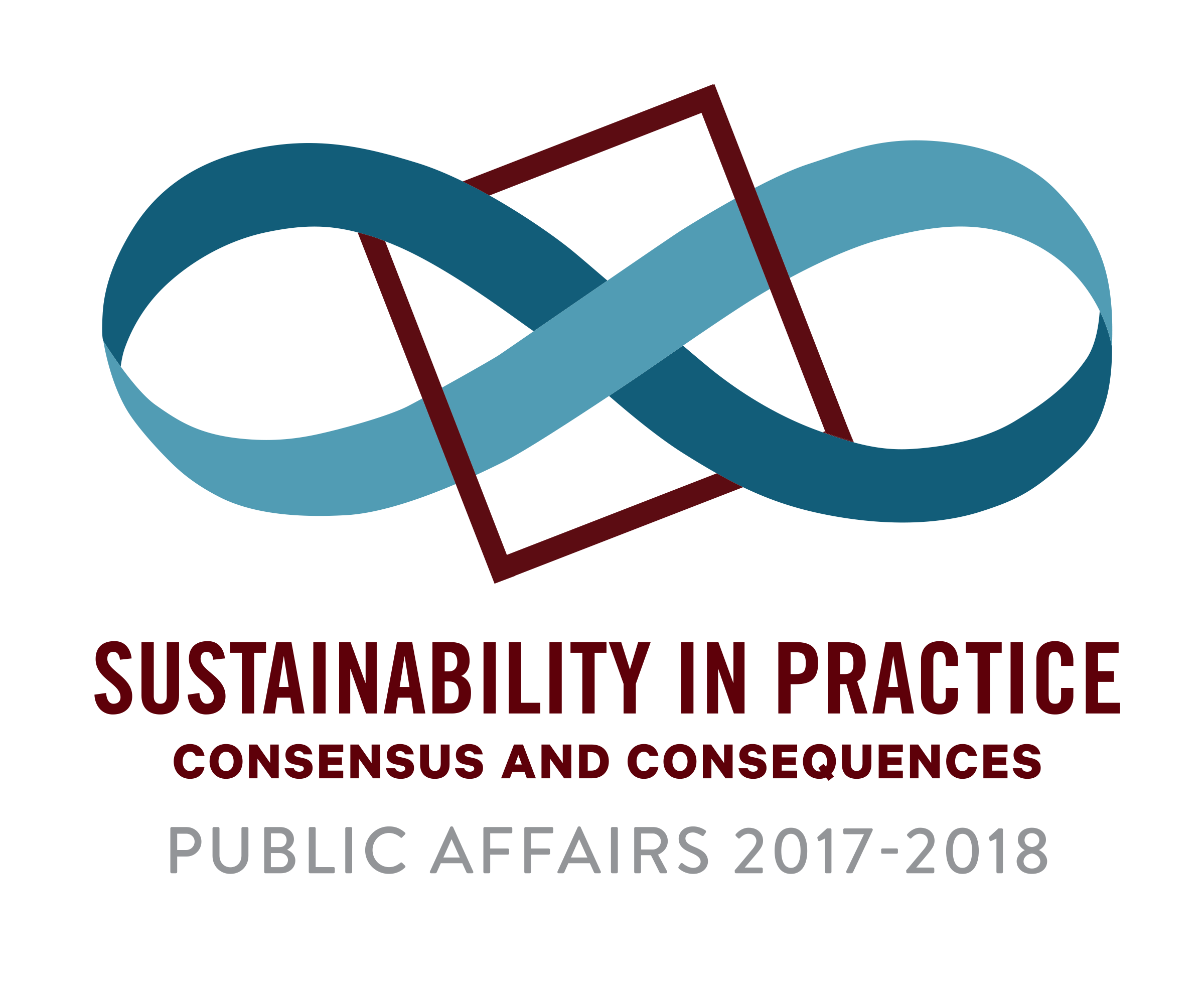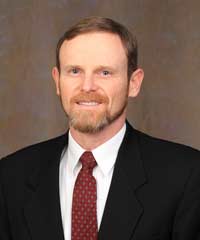Sustainability in Practice: Consensus and Consequences

When one considers the notion of sustainability, the first thoughts that come to mind are often focused on the natural world. Sustainability is a word that immediately conjures images of the seas, mountains, and wildlife. Yet, sustainability in practice is much broader. With its foundation firmly in the natural sciences, sustainability also encompasses societal components that reach every corner of human behavior: government, business, education, the arts, medicine and human services.
According to Merriam-Webster, the simple definition of sustainable is “able to be used without being completely used up or destroyed; able to last or continue for a long time.” If we are living in a crucial moment that will impact our very existence, how shall we respond? For example, to what extent have strategies addressing issues of climate change, water scarcity and limited oil reserves been effective? Why does public opinion often differ from contemporary scientific understanding? How can citizens separate facts from an abundance of biased narratives and false dilemmas? When policies are made, which “story” is told? How do we provide sustainable equality in our schools and food for a hungry and growing population? What is the future of medical care in light of our aging population and healthcare management? What role may the arts play in supporting sustainable practices in society? What insights on stewardship can be gained from religious doctrine and devotion? Given the complexity of sustainability in relation to human socio-environmental behaviors, is it even possible to re-balance the globe and provide a more definitive future for our children and generations to come?
While there are no simple answers to these questions, the 2018 Public Affairs Conference will facilitate vital dialogue on practices for a sustainable future.
Provost Fellow for 2017-2018 - Dr. Michael G. Burton
